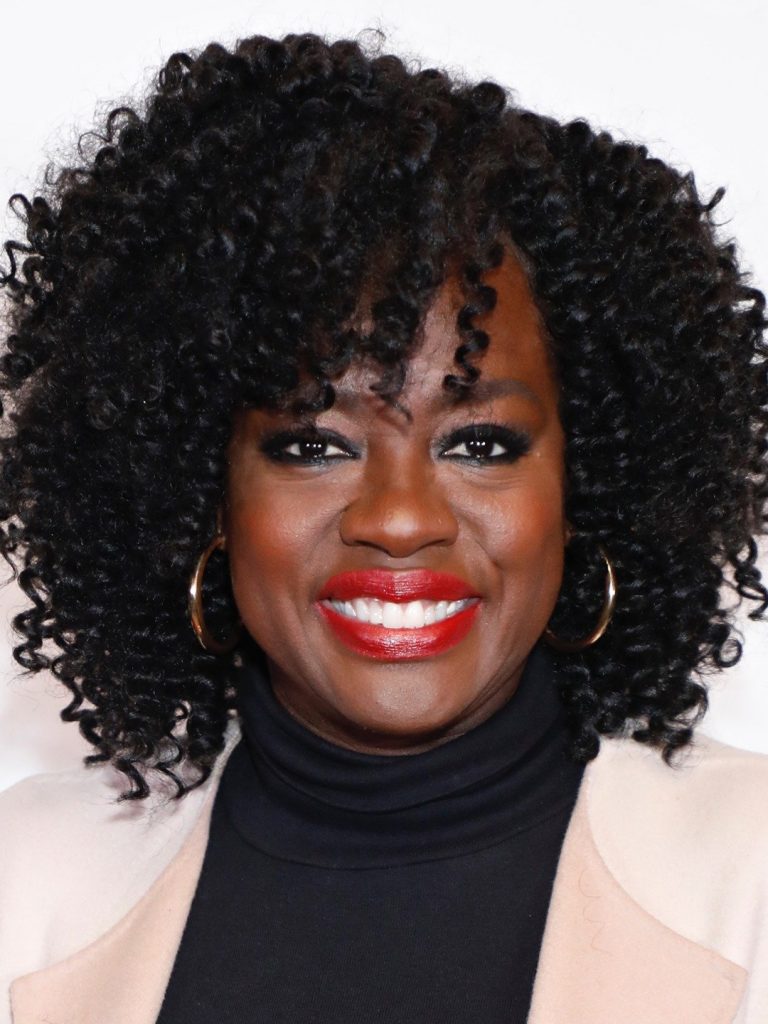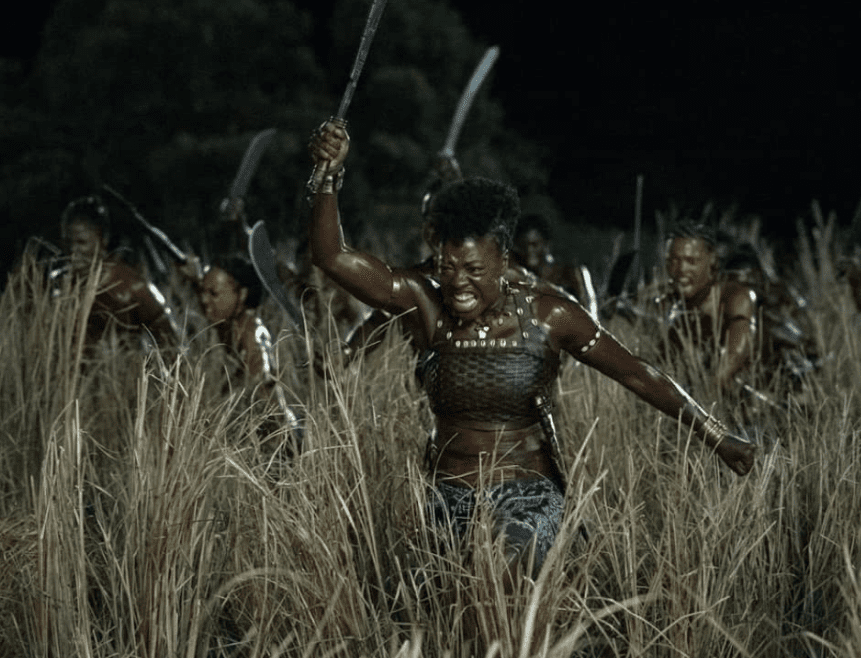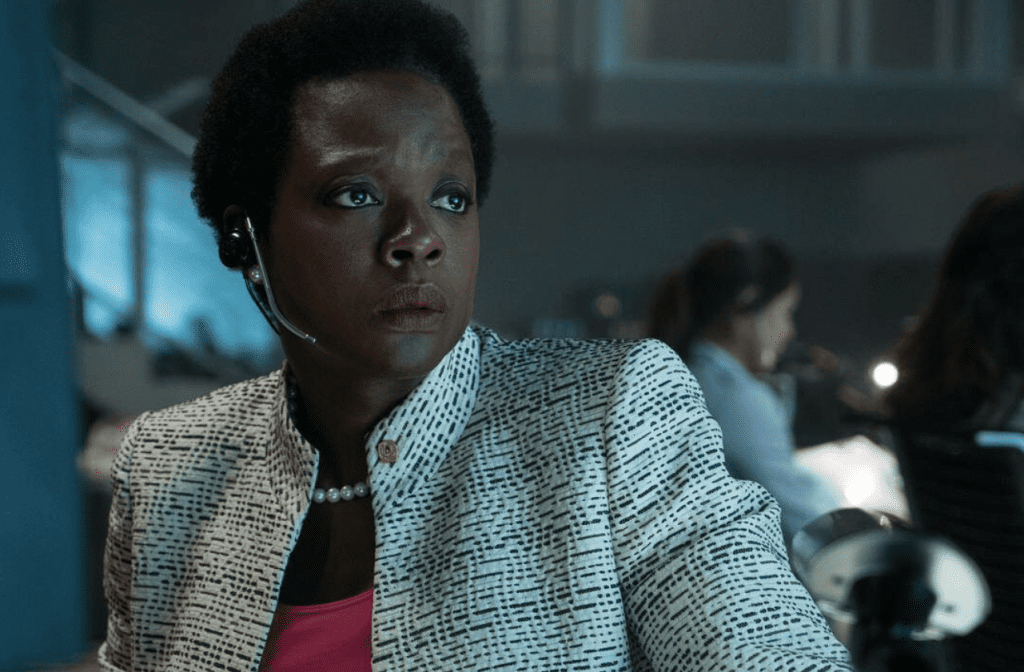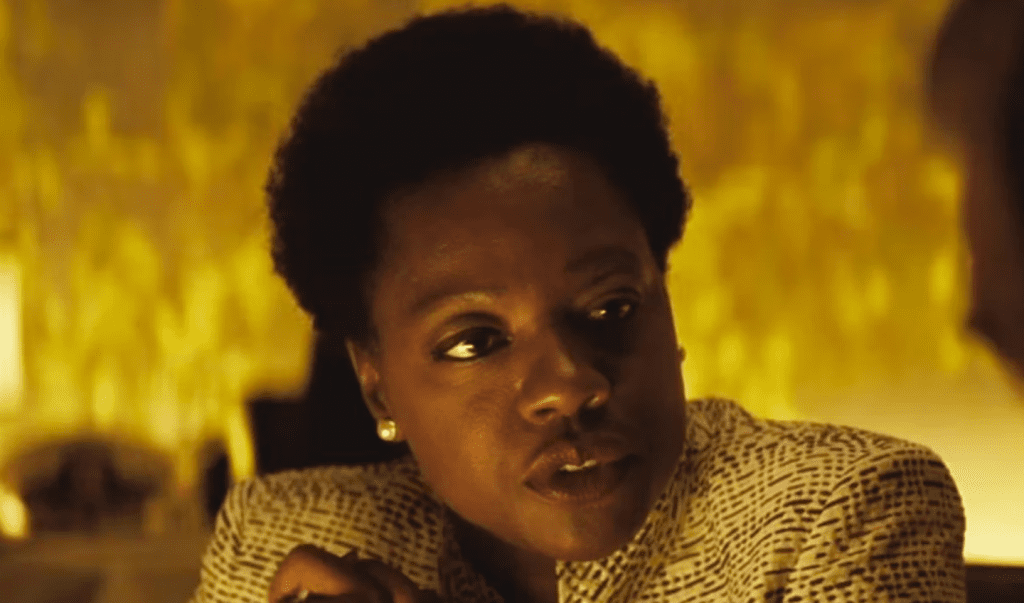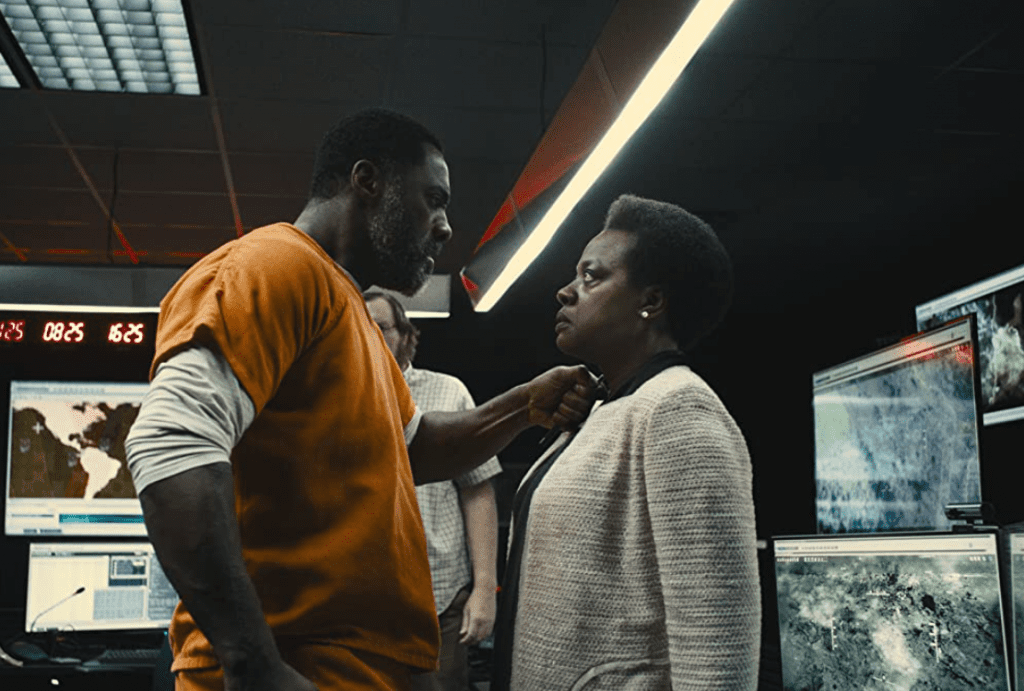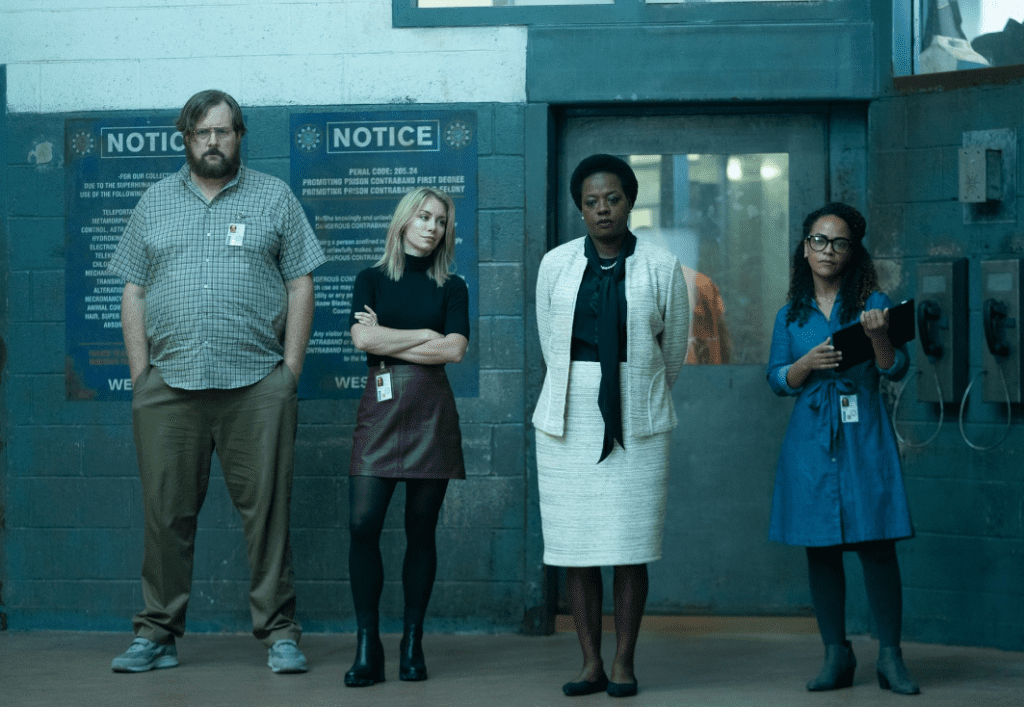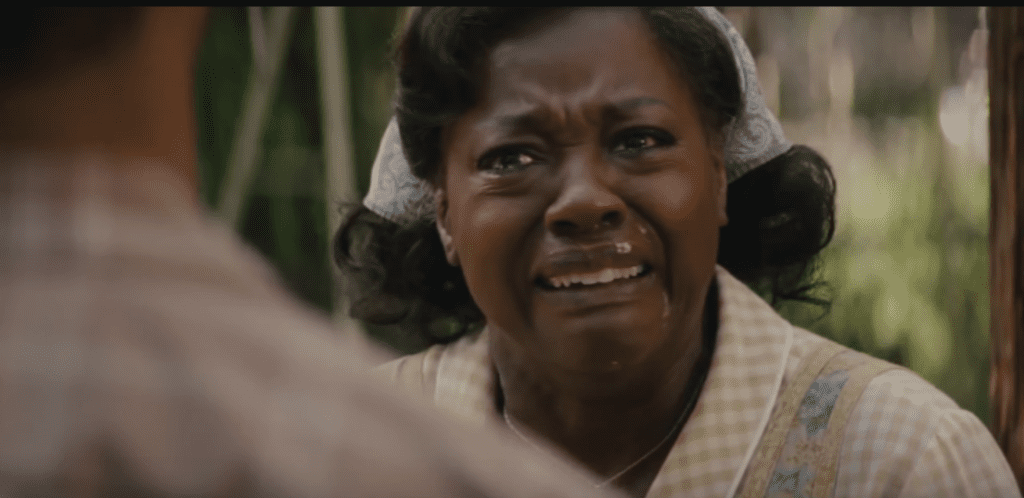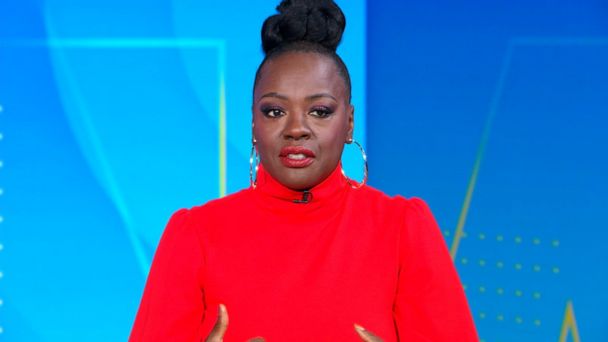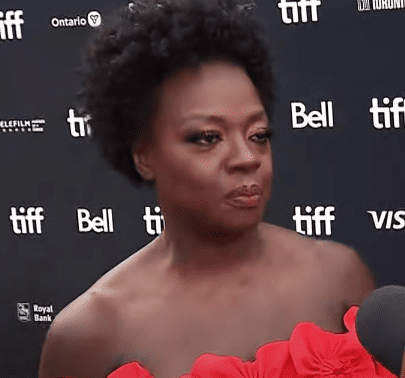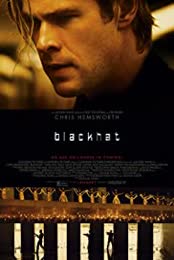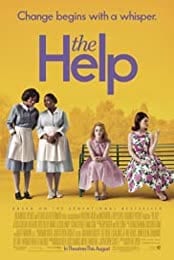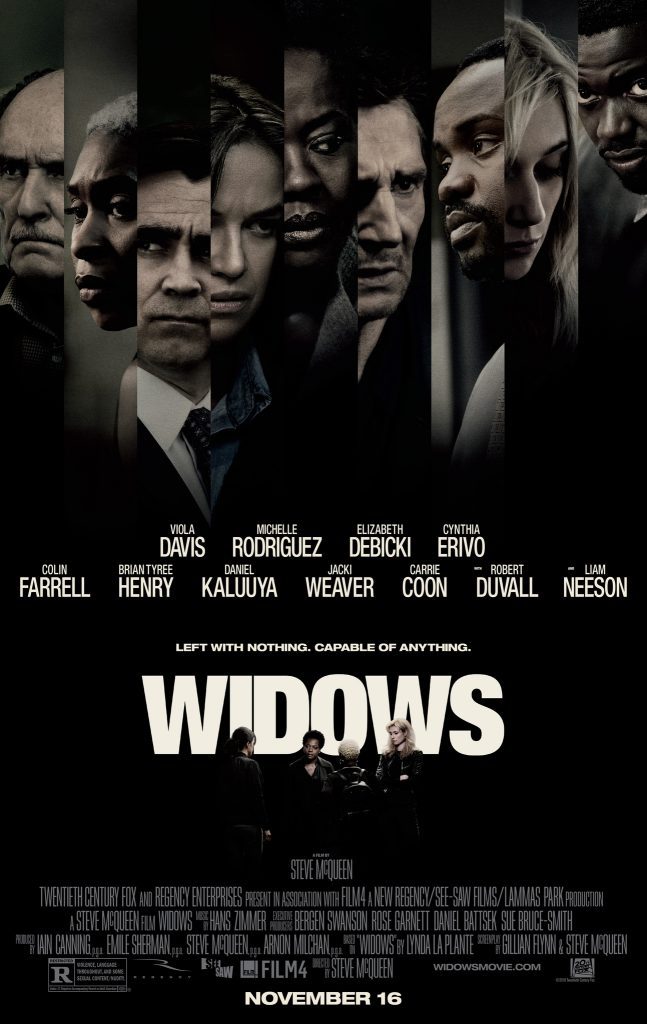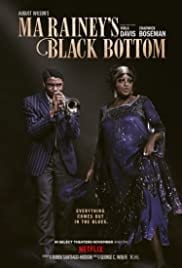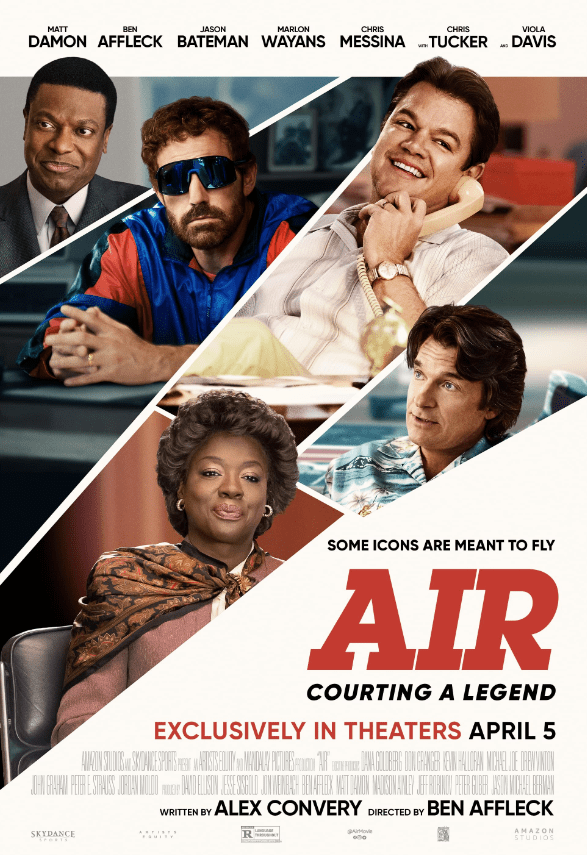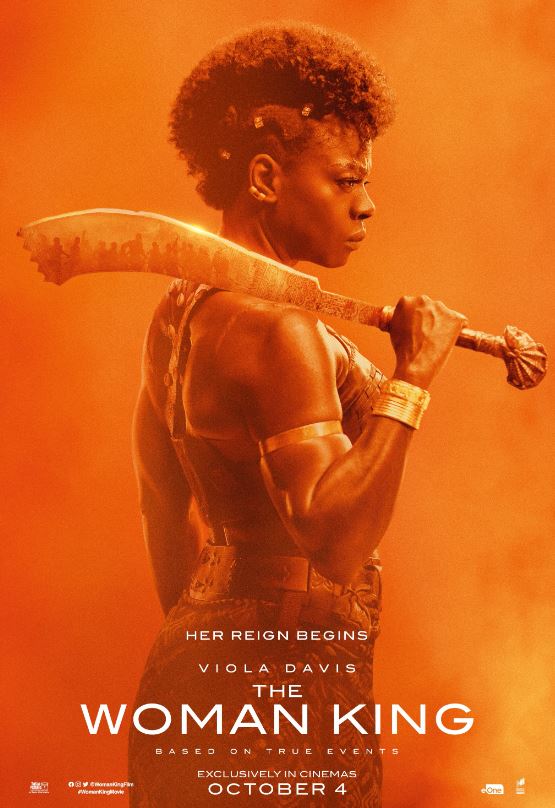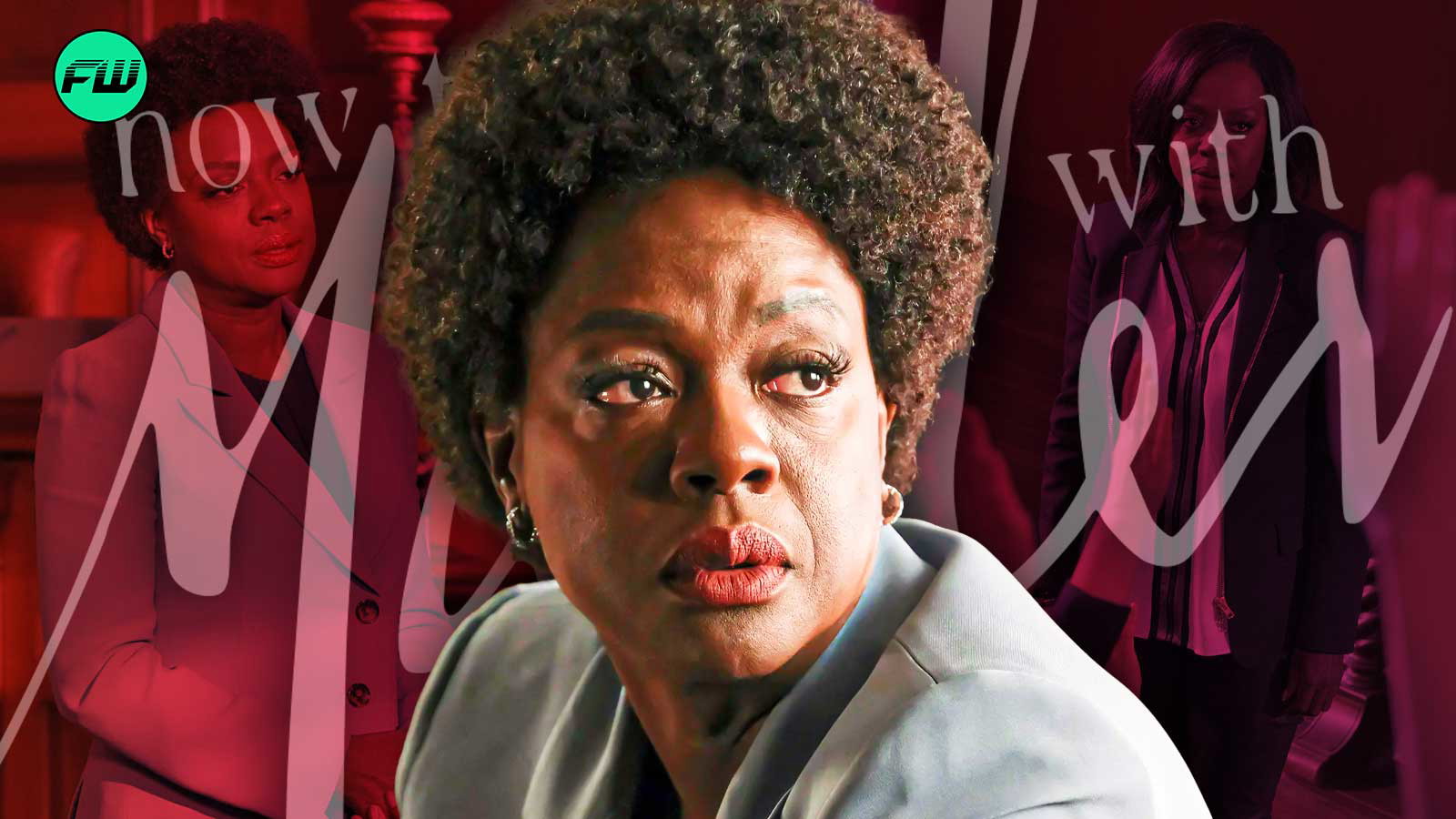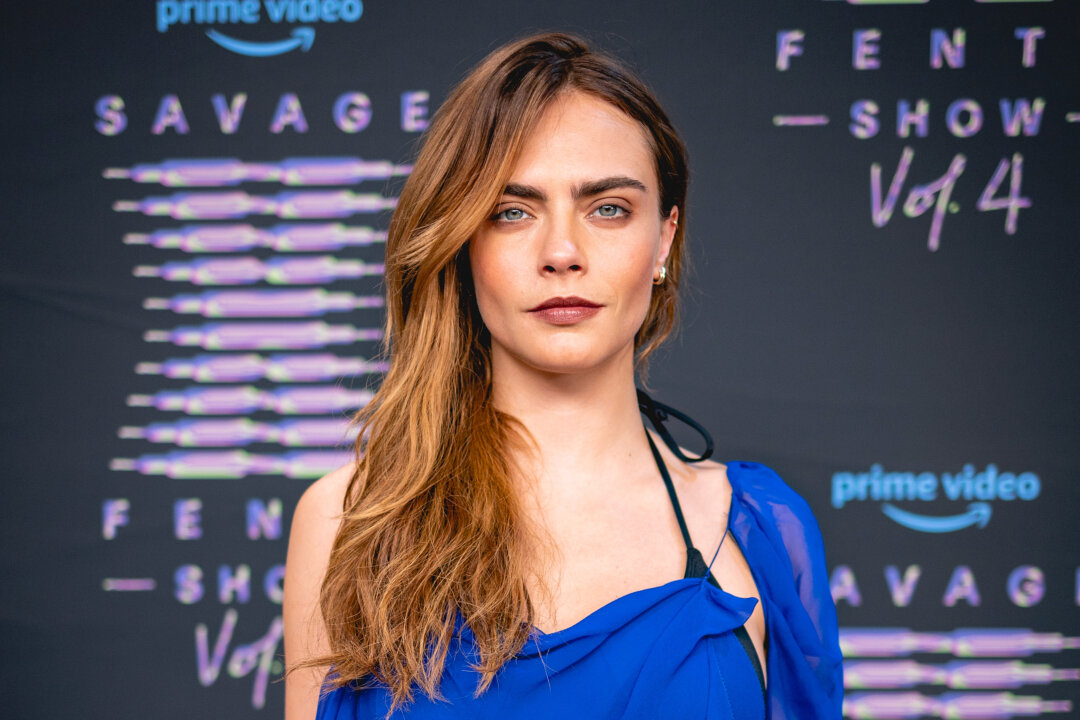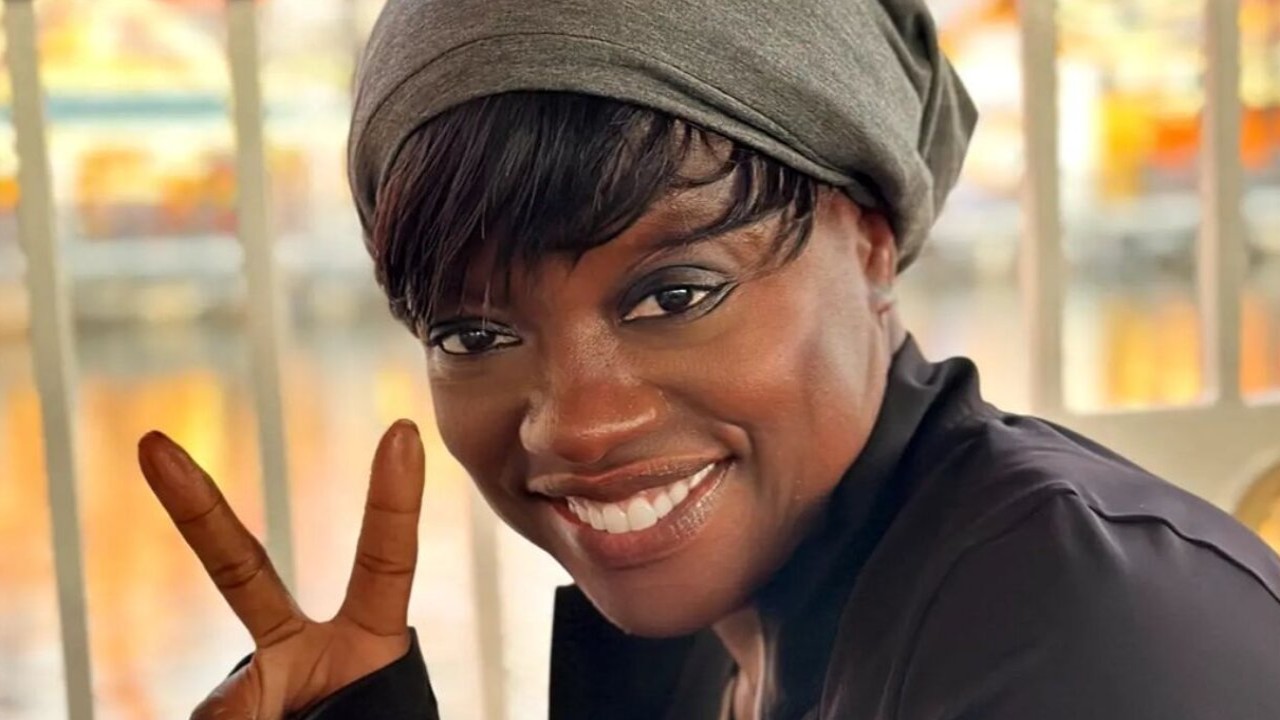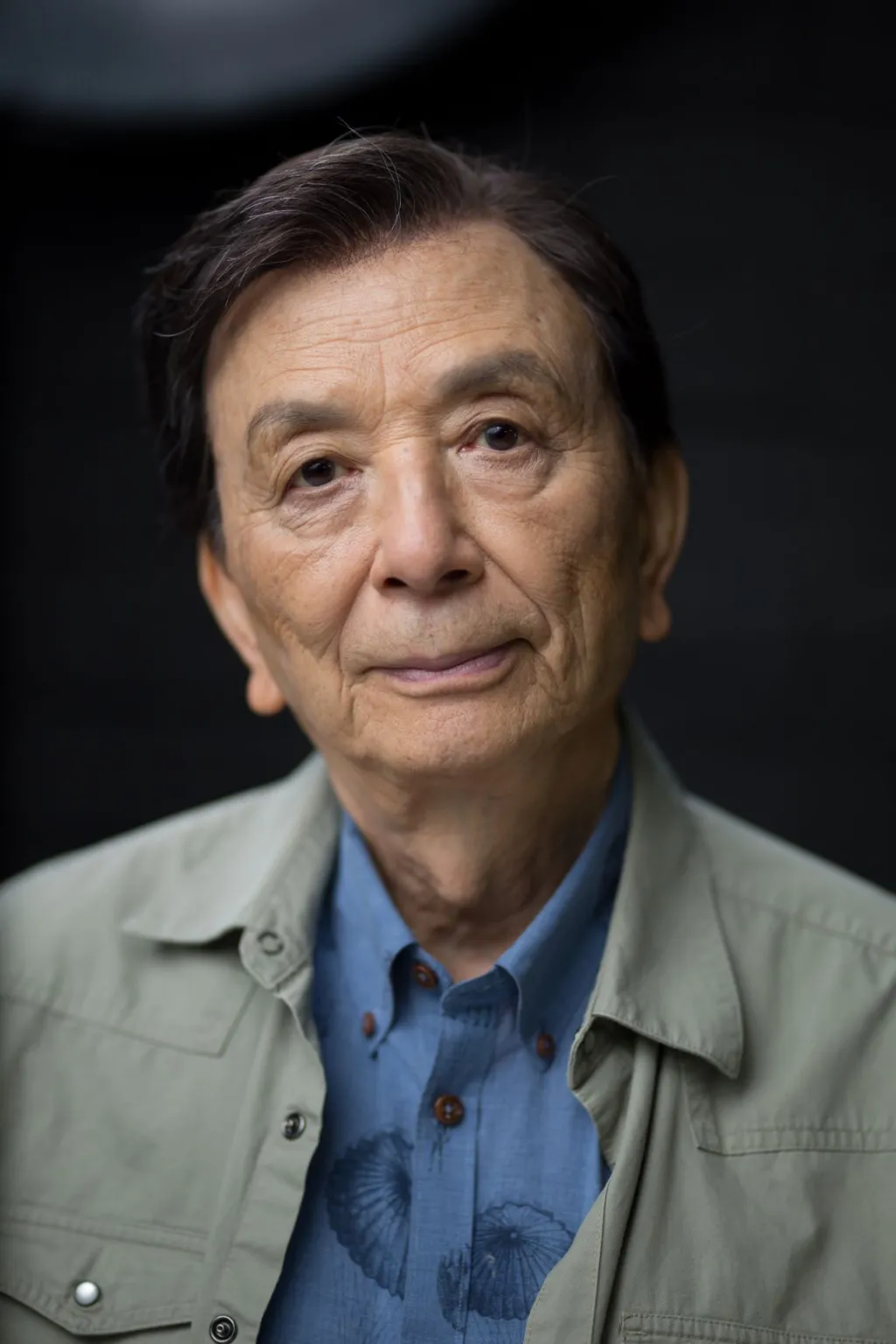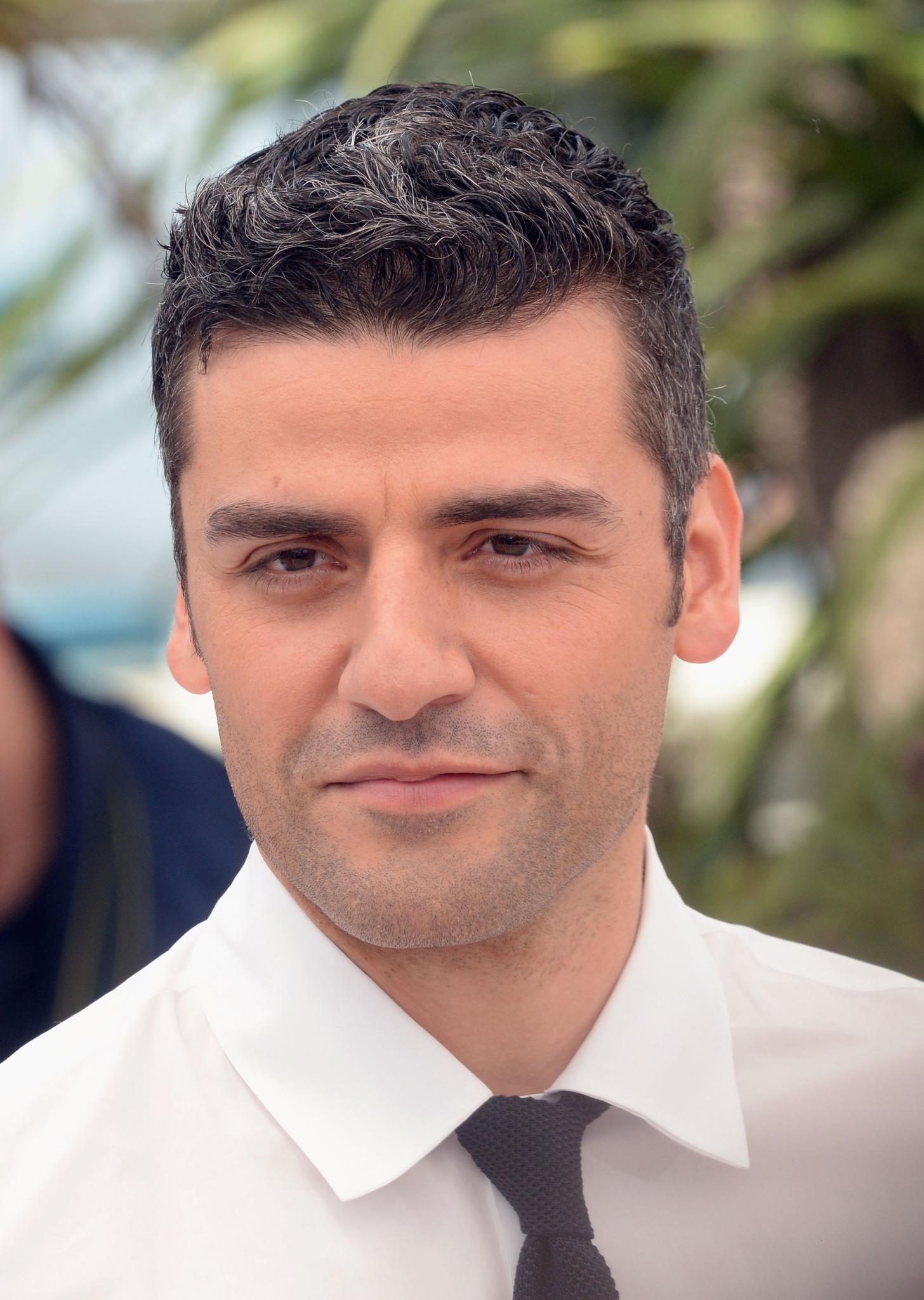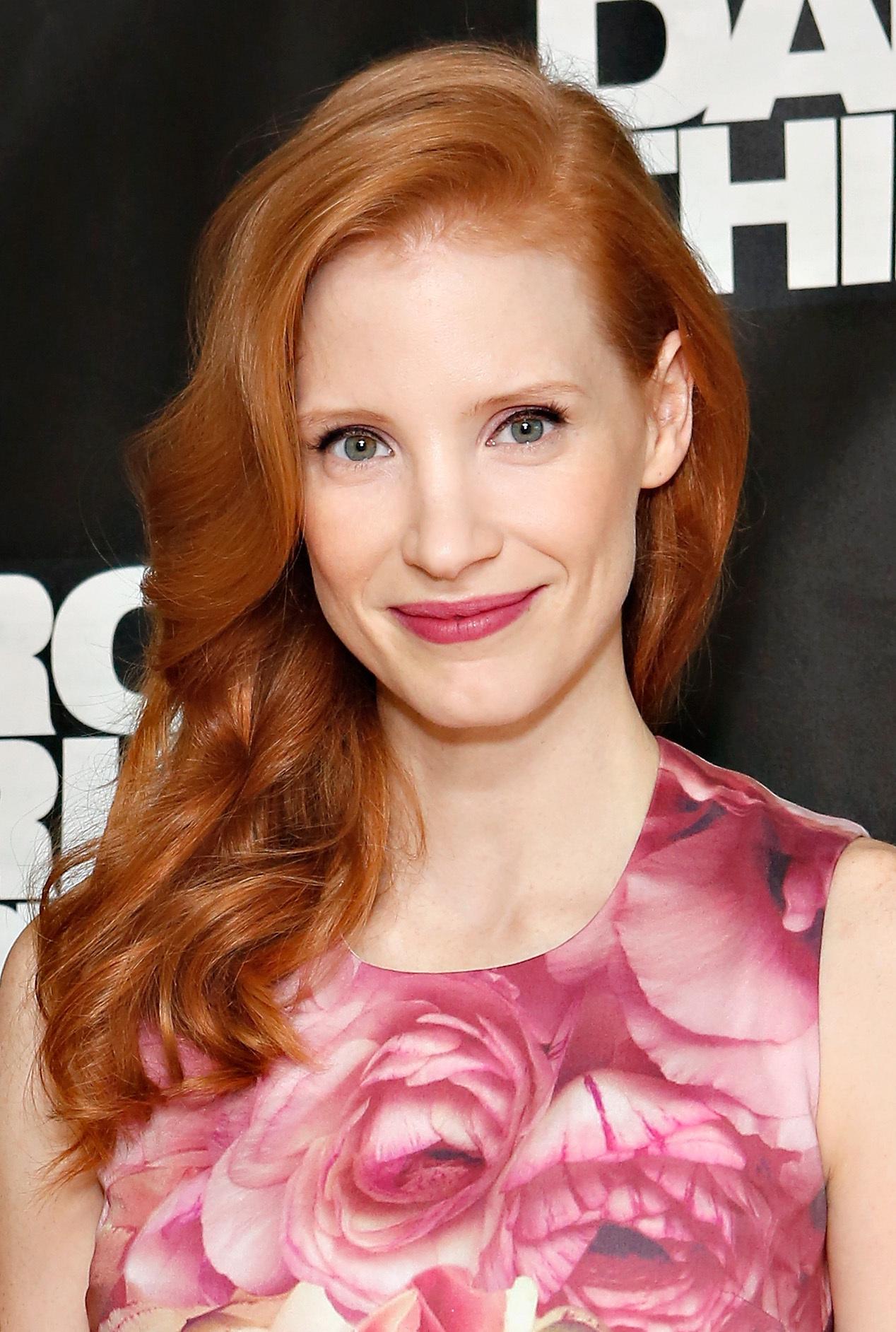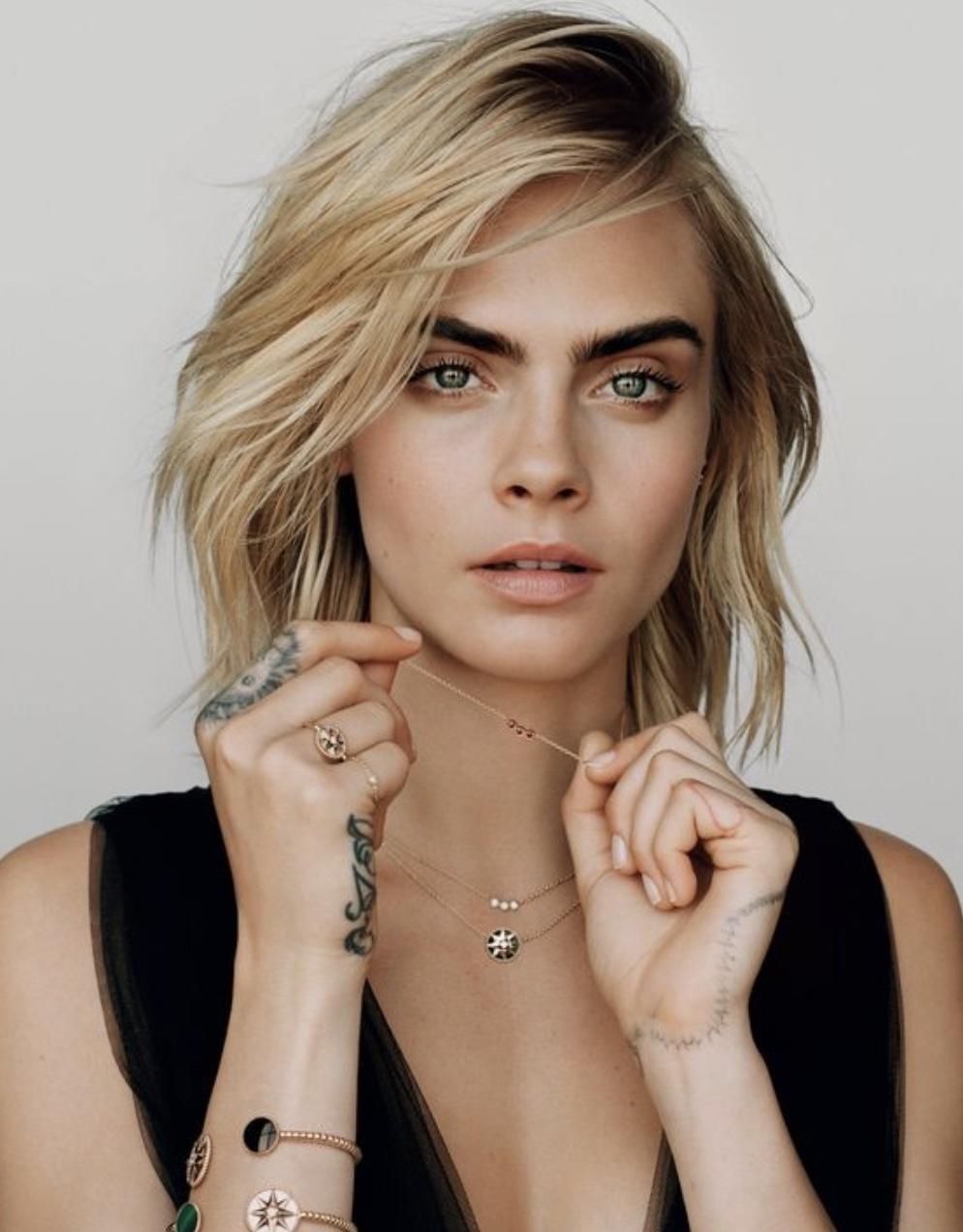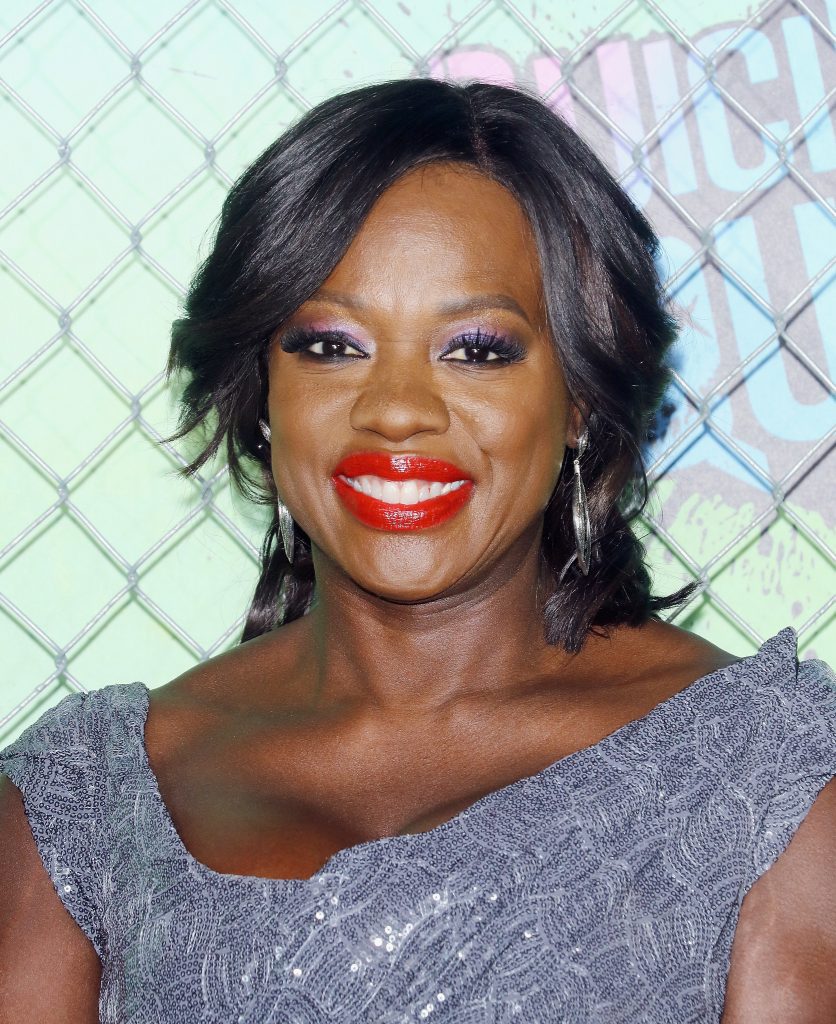
Viola Davis
Birthdate – August 11, 1965 (58 Years Old)
Birthplace – St. Matthews, South Carolina, USA
Viola Davis is a dramatic actor of the highest rank, a performer of astonishing range and emotional temperaments. Capable of powerful expressions of quiet subtlety and galvanizing anger—and everything in between—she is the only Black U.S. actor to receive an Oscar, an Emmy, and a Tony (two, in fact), and the first actress of color to receive four Oscar nominations and twice in both acting categories.
Not unlike Laurence Olivier, Davis has displayed over the years on screen, stage, and TV that she can play high-toned and down-to-earth with unpredictable touches that are her own. Remarkably, Davis has seldom been a solo lead star in a movie, which is the case with The Woman King (2022), directed by Gina Prince-Bythewood and with Lashana Lynch and John Boyega.
After amassing a considerable reputation in the theater, Viola Davis became a favorite supporting actor for writer-director Steven Soderbergh in Out of Sight (1998), Traffic (2000), and Solaris (2002). Davis’ first important supporting role on the screen (and nominated for a Best Supporting Actress Oscar) was in writer-director John Patrick Shanley’s Doubt (2008), with the world-class cast of Meryl Streep, Philip Seymour Hoffman, and Amy Adams. Davis was also supported by another impressive cast in the D.C. drama, State of Play (2009), directed by Kevin MacDonald and written by Matthew Michael Carnahan, Tony Gilroy, and Billy Ray, and starring Russell Crowe, Ben Affleck, Rachel McAdams, Robin Wright, Jason Bateman, Jeff Daniels, and Helen Mirren.
The well-reviewed commercially inert Trust (2010), was Davis’ third film, again in support, opposite Clive Owen, Catherine Keener, and Jason Clarke under David Schwimmer’s direction. Viola Davis’ first Oscar nomination (Best Actress) came for her stellar work in writer-director Tate Taylor’s The Help (2011), with Jessica Chastain, Bryce Dallas Howard, Allison Janney, Octavia Spencer (winning the Best Supporting Actress Oscar), and Emma Stone.
Davis, in an intense performance, received third billing behind Hugh Jackman and Jake Gyllenhaal in Denis Villeneuve’s Prisoners (2013), with Maria Bello, Terrence Howard, Melissa Leo, and Paul Dano. Davis reunited with director Taylor and co-actor Spencer for the James Brown biopic, Get on Up (2014), with Chadwick Boseman, Nelsan Ellis, Dan Aykroyd, and Craig Robinson. Davis’ first co-starring role came in the little-seen revenge drama, Lila & Eve (2015), her second movie with Jennifer Lopez (the first being Soderbergh’s 1998 adaptation of Elmore Leonard’s Out of Sight, in which Davis had a tiny role).
In an unusual move, Viola Davis joined the Superhero wave in the movies as part of the sprawling ensemble of David Ayer’s Suicide Squad (2016), the third installment in the DC Extended Universe, with Will Smith, Jared Leto, Margot Robbie, and Joel Kinnaman; Davis continued with her DC Extended Universe adventure in writer-director James Gunn’s The Suicide Squad (2021), with Robbie, Idris Elba, John Cena, Kinnaman, and Sylvester Stallone.
Although she won the Oscar for Supporting Actress for her exquisite performance in Denzel Washington’s adaptation of August Wilson’s drama, Fences (2016), Davis was arguably co-lead with Washington given the power of portrayal. Davis’ first truly commanding lead role finally arrived in Steve McQueen’s feminist crime thriller, Widows (2018), earning Davis a BAFTA Best Actress nomination, with a striking cast including Michelle Rodriguez, Elizabeth Debicki, Cynthia Erivo, Colin Farrell, Brian Tyree Henry, Daniel Kaluuya, Jacki Weaver, Carrie Coon, Robert Duvall, Liam Neeson.
Viola Davis returned to the work of August Wilson in her next vivid starring role (earning her four Oscar nominations, for Best Actress) in Ma Rainey’s Black Bottom (2020), reuniting with Chadwick Boseman, and with Glynn Turman, Colman Domingo, and Michael Potts, under George C. Wolfe’s direction. Davis appeared in a small but impactful supporting role in Nora Fingscheidt’s Netflix production, The Unforgivable (2021). Davis followed this turn the following year with The Woman King, as a female African warrior.
Personal Details
Born on her grandmother’s farm on the Singleton Plantation in St. Matthews, South Carolina, Viola Davis was raised by parents Mae, a maid and civil rights activist, and Dan Davis, a horse trainer. She soon moved with her parents and two of her older siblings to Central Falls, Rhode Island.
Davis attended Central Falls High School, performing in school plays, and joining the Federal programs TRIO Upward Bound, TRIO Student Support Services, as well as the Young People’s School for the Performing Arts in West Warwick, Rhode Island. Davis graduated from Rhode Island College with a drama major and then studied acting at Julliard from 1988 to 1992. Davis has been married to actor/producer Julius Tennon since 2003; the couple has one adopted child, a daughter Genesis. Her height is 5’ 5”.
Filmography
Some Facts About Viola Davis
August Actor: Besides Fences and Ma Rainey’s Black Bottom, Viola Davis has performed in August Wilson’s plays several times, including Seven Guitars (1996) and King Hedley II (2001), for which she won a Tony for Best Featured Role in a Play, and the stage version of Fences (2010), for which she won another Tony, for Best Actress in a Play.
More Firsts: Davis has many “firsts” to claim as a Black female actor, and one of them is that she is the first Black female actor to win the Emmy for Best Lead Actress for How to Get Away with Murder (2014). Another is that Davis was the first Black female to be nominated for an Oscar three times.
Stage and Screen Honors: Viola Davis is one of only ten actors—and only one of four women–to have won the Tony and the Oscar for the same role, joining Yul Brynner, Rex Harrison, Anne Bancroft, Joel Grey, Paul Scofield, Shirley Booth, Jack Albertson, Lila Kedrova, and Jose Ferrer.
On the Misery of Acting: Davis has commented that actors are “neurotic and miserable…I love doing what I’m doing, but while I’m doing it, I’m miserable.”
On her roles: Viola Davis has commented that “I don’t play roles that are necessarily attractive or portray a positive image. They are well-rounded characters.”
On Race and Opportunity: Davis has noted that “the only thing that separates women of color from anyone else is opportunity.”
On Acting: Viola Davis observes about acting that “I don’t see acting as hiding. I see it as stepping up buck naked in front of a group of people that you don’t know. Every single time. It’s about exposing. If you’re not doing that, you’re basically not doing anything.”
Awards
Winner, Best Actress, Academy Awards (2017); Two-time Nominee, Best Actress/Best Supporting Actress, Academy Awards (2009, 2012, 2021); Winner, Best Lead Actress in Drama Series, Emmy Awards (2015); Winner, Best Supporting Actress, BAFTA Awards (2017); Winner, Kering Women in Motion Award, Cannes Film Festival (2022); Two-time Nominee, Best Female Lead/Best Supporting Female, Independent Spirit Awards (2003, 2021); Winner, Best Supporting Actress, Golden Globes Awards (2017); Winner, Tribute Award, Gotham Awards (2021); Four-time Winner, Best Ensemble/Breakthrough Performance, National Board of Review (2008, 2011, 2013); Five-time Winner, Best Female Actor/Best Supporting Female Actor/Best Motion Picture Cast, Screen Actors Guild Awards (2020). Recipient, Hollywood Walk of Fame Star (2017); Crystal Award, Women in Film Crystal Awards (2012).

